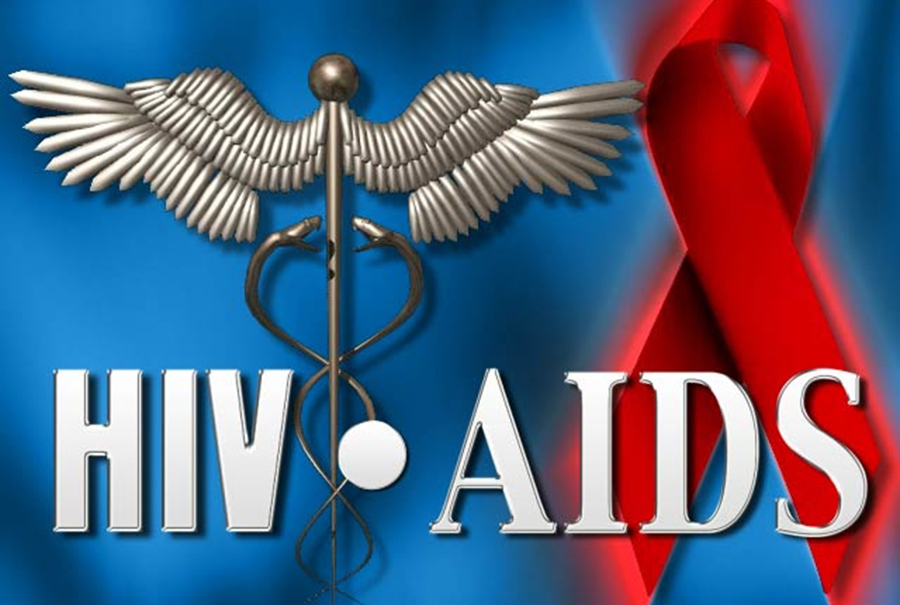There is undeniably a rich history of activism within LGBT communities. For many LGBT older adults, the HIV/AIDS crisis spurred them to become activists and advocates.
The landscape of HIV services has changed immensely in the past decades, mostly as a result of the dedicated work of activists, researchers, medical professionals and passionate community members. They pushed for funding and life-saving services, built support networks, created greater understanding of the disease and laid the groundwork for the HIV-services field that exists today.
Many of those who were on the front lines in the 1980s and beyond are now long-term survivors of HIV. Many have continued their advocacy in the field and are now focused on ensuring that long-term survivors are effectively cared for as they grow older.
Last spring, more than 60 individuals attended The Reunion Project in Philadelphia, a daylong summit that brought together local and national HIV advocates, researchers and long-term survivors to participate in programming related to thriving as people living with HIV. The event, which was held at the William Way LGBT Community Center, explored the many challenges long-term survivors encounter while also honoring the experiences of community members impacted by HIV.
The Reunion Project was founded in 2015 to create a space for HIV survivors to come together to honor their experiences and the resilience they have built. Participants in these programs have been able to share their stories, build community and help others who may be struggling with depression, isolation or post-traumatic stress stemming from their experiences of living with HIV.
Organized by a National Organizing Committee, the Reunion Project has grown as a grassroots effort for long-term survivors of HIV to better support themselves and others. Philadelphia is one of four cities to have hosted a Reunion Project summit, with three more cities planning Reunion Projects for 2017.
This June, Philadelphia will become the first city to host a second Reunion Project.
Initiatives such as the Reunion Project are important given the fact that people over the age of 50 are comprising a steadily growing number of those living with HIV. Tremendous scientific and medical advancements have made HIV a manageable chronic illness, helping people living with HIV to lead long and successful lives. According to the latest Centers for Disease Control surveillance data, 48.8 percent of people living with HIV in the Philadelphia metropolitan area are age 50 or over. An additional 24.6 percent are between the ages of 40-49.
Older adults living with HIV face unique health risks and co-morbid conditions resulting from both the virus and HIV medications. Elders living with HIV must also deal with the physical and social effects of stigmatization and discrimination based on both age and HIV status. This stigma and marginalization have led many to become isolated, which in turn often impacts their ability to reliably access and maintain care.
When older adults living with HIV have to access services from the aging-services network, they are too often met by providers who are largely unprepared to meet the needs of this growing population of older adults living with HIV.
Given these trends, it is important that our communities are tuned in to the experiences of people aging with HIV. Service providers need to become more adept at serving a population of older adults living with HIV. Research on HIV and aging needs to continue so that we can best understand the medical and psychosocial risk factors and better prevent many of the comorbidities of HIV and aging. And we need to appreciate the challenges faced by long-term survivors and celebrate the resilience developed by those impacted by HIV.
Despite these challenges, long-term survivors of all ages are thriving and aging successfully. Long-term survivors in the greater Philadelphia area will be able to further explore strategies for thriving as long-term survivors, learn about the latest research around HIV and aging, explore advocacy issues related to HIV and share their experiences and resilience at the second-annual Philadelphia Reunion Project.
Philadelphia’s 2017 Reunion Project will be held on June 3 at the Church of St. Luke and The Epiphany. The event will be presented as part of AIDS Education Month and is being sponsored by Philadelphia FIGHT, the LGBT Elder Initiative, Action Wellness, Philly AIDS Thrift, the Philadelphia AIDS Consortium, the Positive Women’s Network, the William Way LGBT Community Center and the National Organizing Committee of the Reunion Project.
To register for the 2017 Philadelphia Reunion Project, call 215-985-4448 ext. 200 or register online at www.aidseducationmonth.org/event/the-reunion-project/.
David Griffith is the director of programs and outreach for the LGBT Elder Initiative. To learn more about the LGBT Elder Initiative and upcoming programs for LGBT older adults, visit www.lgbtelderinitiative.org.
